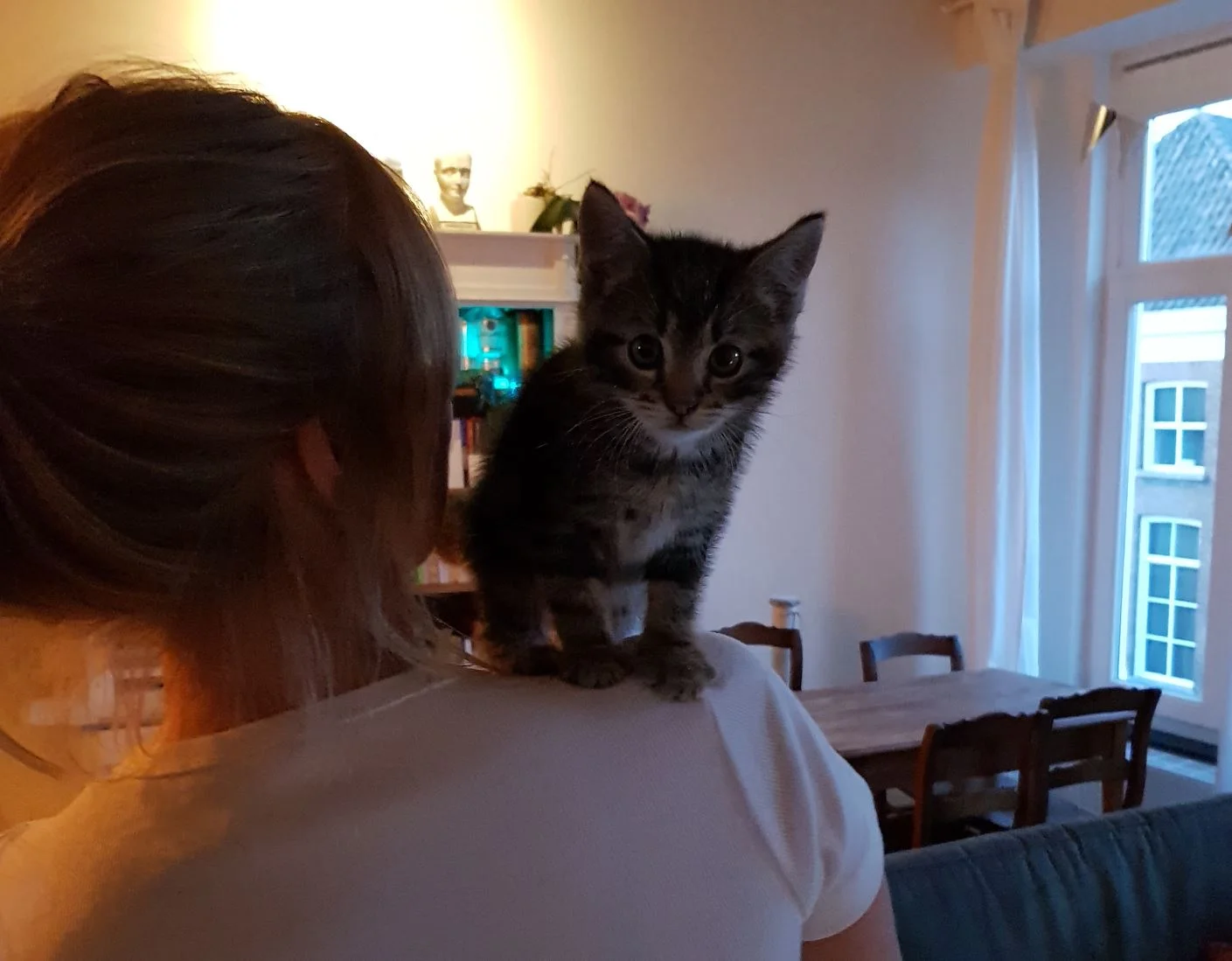Although it sometimes doesn't seem like it, it turns out that the majority of cats are actually really attached to their humans
Domestic cats depend on you to feel safe when stressed out.- Image Credit: Universal-Sci - CC BY 4.0
Even though cats have a name for being removed and autonomous, a recent study hints that their social cognitive abilities and the depth of their human attachments have been underestimated.
The research shows that, like children and dogs, pet cats form both secure and insecure relationships with their human caretakers. The findings infer that this bonding ability across species must be defined by characteristics that aren't specific to cats.
Kristyn Vitale, one of the researchers, stated that similar to dogs, cats show social flexibility regarding their attachments to humans. The majority of cats are securely attached to their owners and use them as a source of security in new environments.
The way that researchers studied this was by having cats engage in a so-called secure base test. In this test cats and kittens would spend a few minutes in a new room with their human caregiver after which the human leaves the room for a few minutes concluding with a reunion.
Upon the human's reappearance from the two-minute absence, cats with secure attachment to their human appeared to be less stressed after which they balanced their attention between the person and their surroundings continuing to explore the room. Cats with a less secure attachment exhibited manifestations of stress like twitching their tail and either stay away from the person or cling to them by jumping in their lap and not moving.
Safely observing the environment from underneath the owners’ chair - Image Credit: Universal-Sci - CC BY 4.0
According to Vitale, insecure cats are likely to run and hide or seem to act aloof. People have thought that this behavior is normal for cats but most cats us their caregiver as a source of security. In other words, your cat depends on you to feel safe when it is stressed out.
The results of the study showed that cats and kittens bond in a style very similar to infants. In humans, 65 percent of babies are securely attached to their caregivers. According to Vitale, domestic cats mirrored this very closely as approximately 65 percent of cats securely bonded to their people.
The results were similar for adult cats and kittens alike. 64,3% of kittens were categorized as securely attached while the others were insecurely attached. When looking at adult cats 65.8% turned out to be securely attached to their caregiver while 34.2% were insecurely attached.
The fact that these social attachments turned out to be stable throughout the cat's age probably explains why they have been so successful as pets in human homes. This research might be useful in helping animal shelters with analyzing socialization and fostering opportunities for cats. The findings have been published in Current Biology
Sources: Cell Press new release / Attachment bonds between domestic cats and humans
If you enjoy our selection of content please consider following Universal-Sci on social media:









